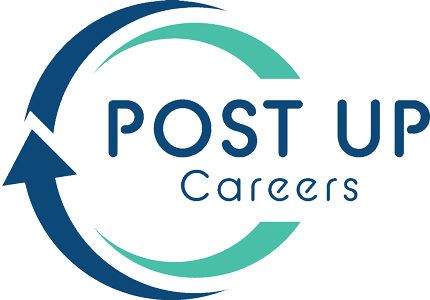Cover Letters are among the most talked about and debated part of the job application process that recruiters can't seem to come to a consensus on. Do you need one? Are they worthwhile? Is the resume enough?
There are plenty of articles from career coaches and large career coach services that talk about how an impactful cover letter helped someone get a job. This is misleading. Cover letters can't help you get a job - they can only help you get an interview.
But for every amazing cover letter blogged about there are a million instances of a cover letter going into the trash.
That said, if the job is asking you for a cover letter, how do you write a good one? The key is that it's not about you, it's about the job you're applying for.
How do you lead off a cover letter? That's the hardest part. Most people immediately go into an overly formal expression of interest in the job followed by an immediate regurgitation of everything on their resume.
Don't do this. The recruiter or hiring manager knows you're interested in the job. After all, you applied for it.
Instead, immediately correlate your skills to what the job needs. Ask yourself, "what is this job ultimately wanting me to do?" and let that guide your opener.
So how do you know what the job is looking for? Read the job description. It's usually at the very top:
"ABC Company is looking for a Controller to oversee accounting operations."
So speak to that. "In my career leading accounting operations....." and dig in more from there.
And make sure to keep your paragraphs short. 4 sentences, max.
You've led off your cover letter by correlating your skills to what the job is immediately asking for in the job description.
In your second paragraph it's time to talk a little bit about you.
"But Franklin, you said a cover letter wasn't about me."
That's right. It's about the job you're applying for. You're still ultimately talking about yourself, but you're doing so under the lens of the job description.
In paragraph 2 of your cover letter, ask yourself "how do my overall skills translate to this job." It's a simple answer. Using the accounting example from earlier, if the job is asking you to lead accounting operations, then maybe go with the following:
"Attached is my resume that outlines my experience leading accounting operations in a Fortune 100 environment." Your next sentence could include some soft skills that translate to a few of the duties the job is asking for.
In paragraph 3, it's time to talk about your current role. In this paragraph, you want to ask yourself "what am I currently doing, and how is it relevant."
Continuing with our example of an accountant, maybe we go with the following:
"Currently, I am a Controller at ABC Manufacturing where I lead all financial operations with a staff of 4 accounting technicians and $2.5 million budget." From there, you can either talk about some accomplishments that would be relevant to the job or brag on your upward mobility.
Overall keep your cover letter short, sweet, and to the point. There is still some formality to it that you'll want to stick to.
1. Make sure your resume contact info matches your cover letter contact info exactly.
2. Put the application date in the top left.
3. Put the company address underneath the application date after a couple of spaces. Look for the local address, but if it's remote or you can't find it, put the corporate address.
4. Ideally, you want to address the cover letter personally, "Dear John." This isn't always possible. When you can't find the hiring manager or job poster's information, "Dear Hiring Manager," is perfectly appropriate.
5. Proofread, proofread, and then proofread again.
Think you might need a cover letter? Head over to our Professional Profile Services page and check out how we can help.





